OMG! Here’s what to know about page load time and conversion rate
Not only does page load time affect SEO, user experience, customer satisfaction, … but it also plays an important role in improving conversion rates of a website or even a business. Check out this article “Here’s what to know about page load time and conversion rate” to know why it’s crucial to speed up your website.
Page load time is considered one of the key factors affecting the conversion rate of a website
For most web owners, especially those developing their websites as a part of marketing and sales efforts, the conversion rate is nothing but one of the most significant measurements to keep an eye on. Of course, there are a wide variety of factors affecting the conversion rate of a website. In which, page load time is considered one of the key factors.
Keep reading on to explore the real connection between page load time and conversion rate, and things to do to improve your website loading time for better conversion rates. But first, let’s spend a minute checking out what conversion rate is and why it’s important.
What is the conversion rate?
To put it simply, the conversion rate is the percentage (%) of visitors to a website (or landing page) that complete the desired goal (the main action that you want visitors to take on your website) out of the total number of visitors. Depending on what that desired goal is, well, a “conversion” could be almost anything, such as:
-
Submitting a form
-
Contacting your business (making a phone call or sending an e-mail)
-
Engaging with your online chat
-
Downloading something (ebooks, software trial, mobile app, and more)
-
Signing up for a subscription
-
Using something (for exp: a new feature on your software or application)
-
Making a purchase
-
Upgrading their service
-
Engaging with your website in some other ways (repeat visits, sharing the content, …)
-
And others
Page load time and conversion rate: Depending on what that desired goal is, well, a “conversion” could be almost anything
When it comes to categorizing types of conversion rates, here are a few common ones:
-
Overall conversion rate (how well does the site convert traffic from any source?)
-
Campaign conversion rate
-
Page-level conversion rate
-
Marketing channel conversion rate
-
Individual ad conversion rate
-
...
A high conversion rate is what all web owners, as well as digital marketers, always look for and even desire to achieve. It indicates that your visitors want what you are offering, and they can get it with ease!
Well, these are a few basic things to know about the conversion rate of a website. Next, we’ll learn about its importance. The connection between page load time and conversion rate is going to be discussed later on. So keep reading on to find out this!
Why do conversion rates matter?
To recognize how significant the conversion rates are, we should take a look at the following example.
Well, imagine that if your website has 300 visitors per day and just convert 5 percent of the traffic regularly, then that would equate to 15 conversions. In case your goal or the main action that you want people to take on your website is to make a purchase, then the conversion rate of 5 percent means that there just 15 people out of 300 visitors purchase on your site, right?
If so, that means you’re missing out on converting 95 percent of your site traffic, doesn’t that?
Page load speed and conversion rate: Conversion rates are significant for various aspects of a business
As you can see, in this case, with just the same volume of visitors, if your conversion rate gets improved, then you know that your sales increase, too. In other words, even small improvements in your website’s conversion rate can mean big differences in sales and revenues, especially when you have high daily web traffic.
Not only do the conversion rates matter in terms of sales, revenue, or profit, but they are also significant for your marketing efforts, the success of advertising campaigns, the user experience, the efficacy of your website, and more. Of course, the ways that conversion rates benefit your business depend on what types of conversion rate you are using, how you analyze the data, and the main action that you want the visitors to take on your website (your desired goal) as well.
Next, it’s time for us to learn about the close connection between page load time and conversion rates. Let’s see another strong reason for gaining better website loading time.
Page load time and conversion rate: Why it’s crucial to speed up your website?
To know how much page load time affects the conversion rates of a website, it’s best to check out some important figures below here.
According to skilled.co, testing by mPulse Mobile found that:
-
Pages that loaded in 2.4 seconds had a 1.9 percent conversion rate.
-
At 3.3 seconds, it was 1.5 percent.
-
At 4.2 seconds, the conversion rate was less than 1 percent.
-
At 5.7 seconds and more, the conversion rate was just 0.6 percent.
As you can see from these numbers, faster page speeds will result in higher conversion rates. In other words, the faster a webpage loads, the more likely users are to perform the targeted action on that page.
If you want to improve the conversion rates of your website, it’s essential to speed up your page load time
Big companies have experienced these results. According to cloudflare.com:
- Walmart found that for every 1-second decrease in page load time, conversions increased by 2 percent.
- By reducing page load time by 0.85 seconds, COOK increased conversions by 7 percent.
- Mobify found that each 100 milliseconds improvement in its homepage’s load time resulted in a 1.11 percent increase in conversion.
Though these increases in conversion might sound quite small, they have a significant impact on the revenue that a site generates. Now, you see the quite direct connection between page load time and conversion rate, don’t you?
So, if you want to improve the conversion rates of your website, it’s essential to speed up your page load time. Yep, we know that there are other factors besides page speed affecting the conversion rate. But reducing page load time is one of the most effective ways. Read on to know what you should do to improve your website loading speed for higher conversion rates.
See also: Amazing business benefits of website performance optimization
How to speed up your website for better conversion rates?
To identify the best ways to accelerate your page load time and conversion rate, it’s always best to perform website performance analysis and testing to find what makes your website load slowly.
There are a bunch of reasons behind a slow loading website
Yep, there are a bunch of reasons behind a slow loading website, including too many large file-size images, unclean code, lack of a CDN, JavaScript issues, no caching techniques, too many ads, poor quality hosting, and others.
By finding the right causes of what makes your webpage load slower than the ideal page load time for SEO and the conversion rate, you will opt for the most effective website performance optimization techniques to speed up your site.
For instance, if you find that too many large file-size images are one of the major reasons causing your high page load time, it’s best to apply tips on how to optimize images for website speed to reduce their file size. In that way, your site will load faster.
It’s always best to optimize its performance if you want to gain a better conversion rate for your website
Check out these articles Website loading speed test: Top reasons for slow loading websites (P1) and Website loading speed test: Top reasons for slow loading websites (P2) to learn more about the reasons and solutions for better site load speed.
Roundup
Recently, we explored the quite close connection between conversion rate and page load time of a website. To sum up, faster page speeds will result in higher conversion rates and vice versa. So, if you want to gain a better conversion rate for your website, it’s always best to optimize its performance. And that’s all for today’s article “OMG! Here’s what to know about page load time and conversion rate.” Hope that all the information and details provided through this post were helpful and interesting to you!
Sources:
to-the-top.ca/conversion-rates-important/
cloudflare.com/learning/performance/more/website-performance-conversion-rates/
insightsforprofessionals.com/marketing/leadership/reasons-why-you-should-care-about-conversion-rates
disruptiveadvertising.com/conversion-rate-optimization/conversion-rate/
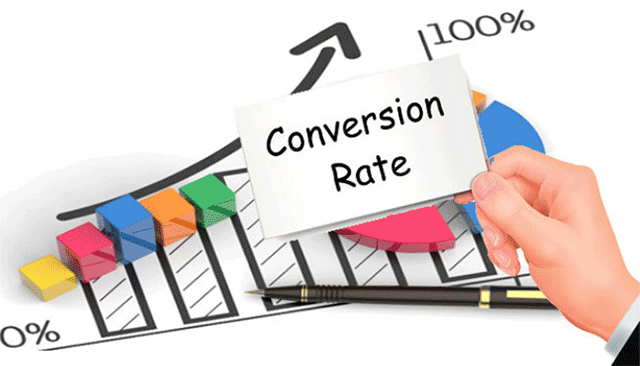
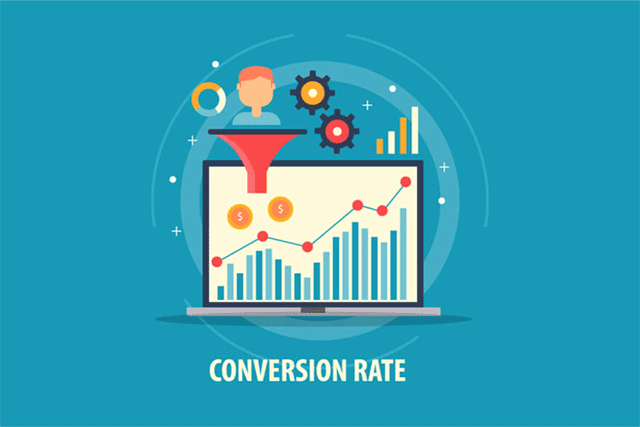
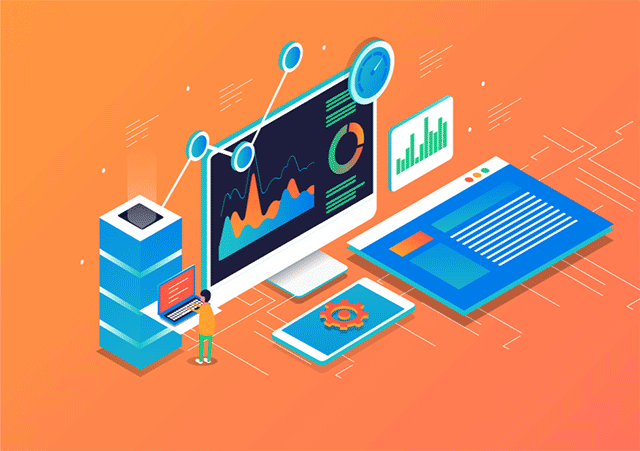
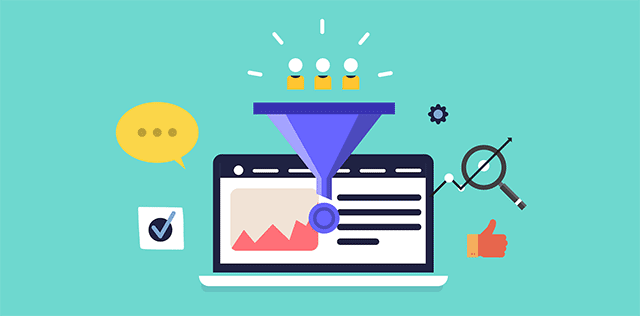

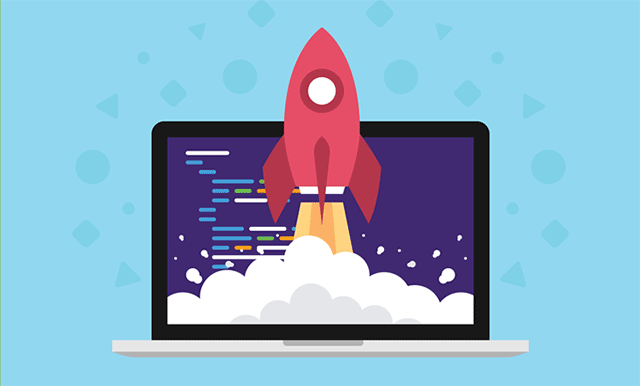

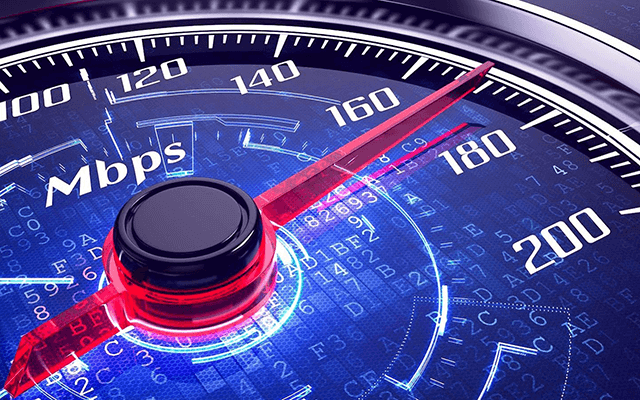
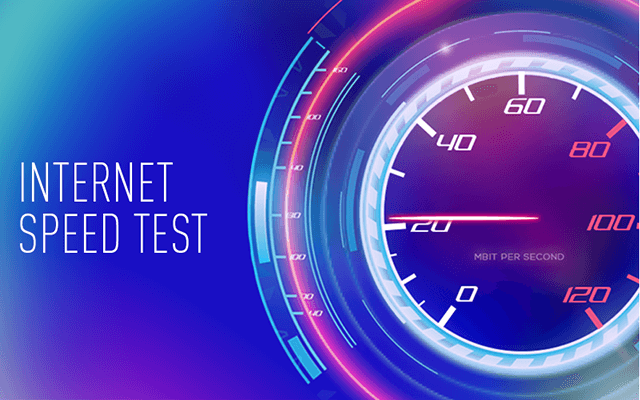


0 Comments
Leave a Comment
Your email address will not be published. Required fields are marked *